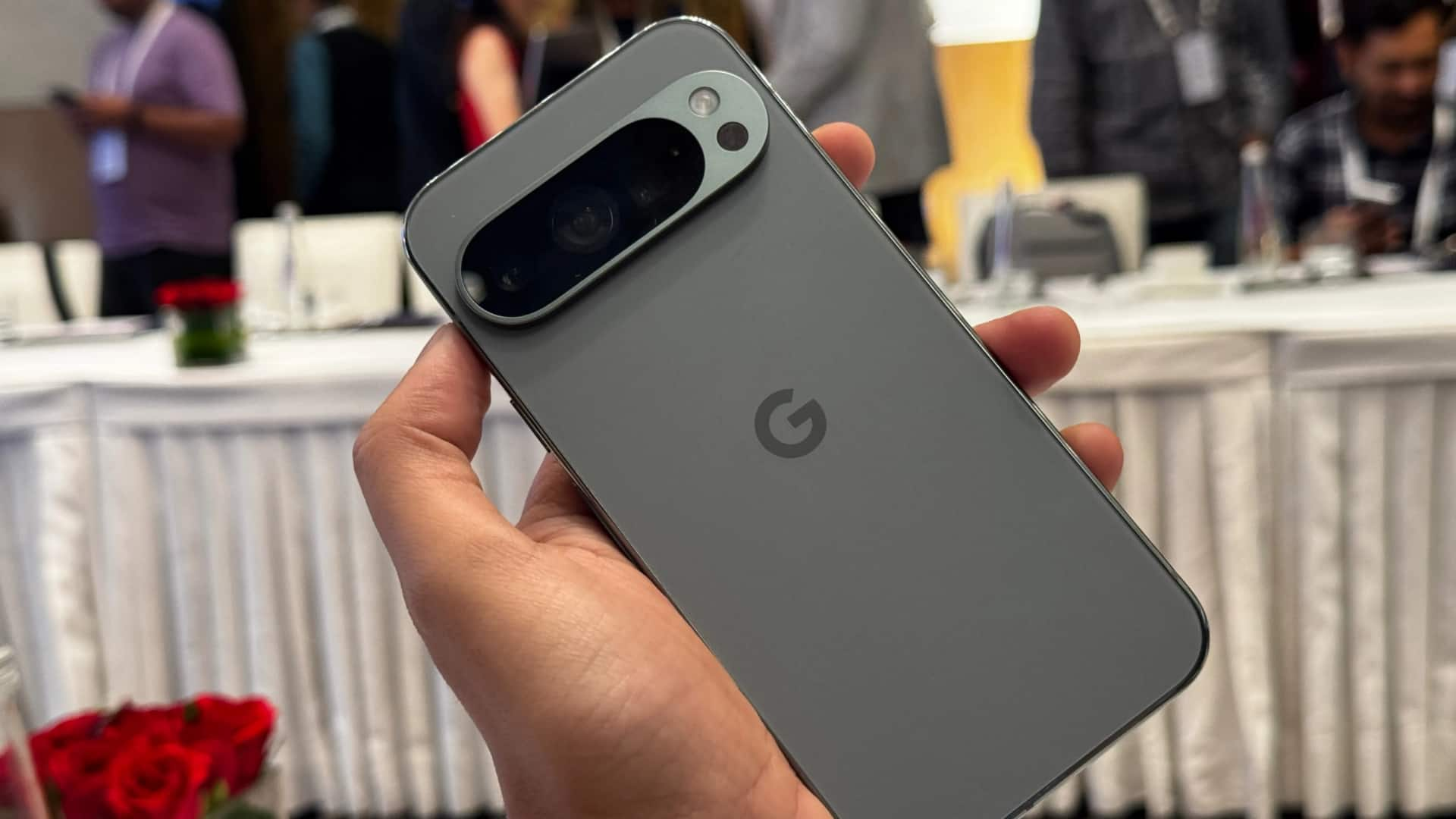On November 1, 2024, Indonesia made headlines by announcing a ban on the sales of smartphones manufactured by Google, just days after it blocked the sales of Apple’s latest flagship, the iPhone 16. This bold move has raised questions about the Indonesian government’s regulations regarding local content requirements and the implications for foreign tech giants operating in the country. The decisions reflect a growing trend in Indonesia’s economic policies aimed at fostering local manufacturing and reducing dependency on imported technologies, yet they simultaneously highlight the challenges faced by international companies in navigating complex regulatory environments.
Here's ads banner inside a post

The Context of the Ban
Indonesia, with its burgeoning middle class and increasing smartphone penetration, is one of the most significant markets for technology firms in Southeast Asia. The nation boasts a tech-savvy population eager to embrace innovations, making it an attractive target for foreign investment. However, the Indonesian government has also been keen on ensuring that this growth benefits local industries.
Here's ads banner inside a post
To this end, the government has implemented rules mandating that smartphones sold in the country must contain at least 40% locally manufactured components. This policy aims to bolster domestic production, create jobs, and ensure that foreign companies contribute to the local economy. However, it has also created significant barriers for foreign firms that may struggle to meet these stringent requirements.
Details of the Ban
The ban on Google Pixel phones arose because Alphabet, Google’s parent company, failed to comply with Indonesia’s local content rules. Febri Hendri Antoni Arief, spokesperson for the Ministry of Industry, clarified that “Google’s products have not adhered to the scheme we set, so they can’t be sold here.” This statement echoes the sentiments expressed just days prior when Apple faced a similar fate with its iPhone 16.
Here's ads banner inside a post
![]()
Although Google stated that its Pixel phones were not officially distributed in Indonesia, the ban still raises questions about the availability of these devices for consumers who might seek to import them. As a result of the ban, consumers can purchase Google Pixel phones from overseas; however, they must navigate the complexities of customs and taxes. Moreover, the Indonesian government has indicated that it may consider deactivating phones that are illicitly sold, adding another layer of complexity to the issue.

Implications for Consumers and Investors
The implications of these bans are significant. On one hand, they are seen as a protective measure for local industries, ensuring that domestic players have a fair chance in a market dominated by international giants. On the other hand, critics argue that such policies can lead to higher prices for consumers and limit their choices in a market that thrives on competition.
Bhima Yudhistira, director of the Center of Economic and Law Studies think tank, described the move as “pseudo-protectionism” that ultimately harms consumers while also creating an atmosphere of uncertainty for foreign investors. He stated, “This creates a negative sentiment for investors looking to enter Indonesia,” highlighting the potential long-term ramifications of such regulatory actions on the country’s attractiveness as an investment destination.

Global Trends and Local Regulations
The situation in Indonesia is reflective of a broader trend observed across various markets worldwide. Countries are increasingly prioritizing local manufacturing and domestic production to boost their economies, particularly in the wake of the COVID-19 pandemic, which exposed vulnerabilities in global supply chains.

Many nations have adopted protectionist measures to encourage foreign companies to establish local manufacturing facilities or partner with domestic suppliers. In Indonesia’s case, the government is not only pushing for compliance with local content regulations but is also encouraging foreign tech companies to invest in local supply chains and partnerships.
This approach is not without its challenges. While it aims to stimulate local economies and create jobs, it can also deter foreign investment if companies perceive the regulatory environment as too stringent or unpredictable. For tech giants like Google and Apple, the ability to adapt quickly to such regulations is crucial for maintaining their foothold in lucrative markets.

Navigating Local Content Regulations
In response to the local content rules, companies often seek to enhance their use of domestic components through collaborations with local suppliers or by investing in domestic manufacturing capabilities. This strategy not only helps meet regulatory requirements but also fosters goodwill with local governments and consumers.
For instance, both Google and Apple could potentially establish partnerships with Indonesian manufacturers to produce certain components locally, thus adhering to the government’s regulations while also ensuring that they maintain a presence in the market. Such collaborations could include building assembly plants or engaging in joint ventures with local firms, enabling foreign companies to contribute to the local economy and possibly reduce production costs.
The Future of the Smartphone Market in Indonesia
The recent bans on Google and Apple products suggest a potential shake-up in the smartphone market in Indonesia. With local brands like OPPO and Samsung leading the market share, foreign companies will need to strategize effectively to remain competitive.

As Indonesia’s smartphone market evolves, it may witness an increase in demand for devices from local manufacturers, further entrenching their position in the market. The government’s efforts to boost local production could give rise to innovative Indonesian tech companies that are better positioned to meet the needs of local consumers while adhering to government regulations.
![]()
Reflection
Indonesia’s decision to ban the sales of Google phones, following a similar ban on Apple’s iPhone 16, underscores the challenges foreign tech companies face in complying with local regulations. While these actions aim to protect and promote local industries, they also raise concerns about consumer choice and investor confidence.

As the global tech landscape continues to evolve, so too will the regulatory environments in key markets like Indonesia. For foreign companies looking to establish or maintain a presence in such markets, navigating these complex regulations will be crucial to their success. Ultimately, the outcome of these policies will not only impact the smartphone market but could also set a precedent for how emerging markets balance the need for local economic development with the demands of global competition.
Further Considerations
As we look to the future, it will be essential to monitor how these policies affect consumer behavior and market dynamics in Indonesia. The resilience of foreign tech companies in adapting to local regulations will be a critical factor in determining their success or failure in this vibrant and rapidly evolving market.

Moreover, the global tech community must pay attention to Indonesia’s approach, as it may serve as a case study for other countries grappling with similar dilemmas in fostering local industries while accommodating the needs of foreign investors.
In a world where technology and regulation are increasingly intertwined, understanding the implications of such decisions is paramount for both policymakers and business leaders alike.

